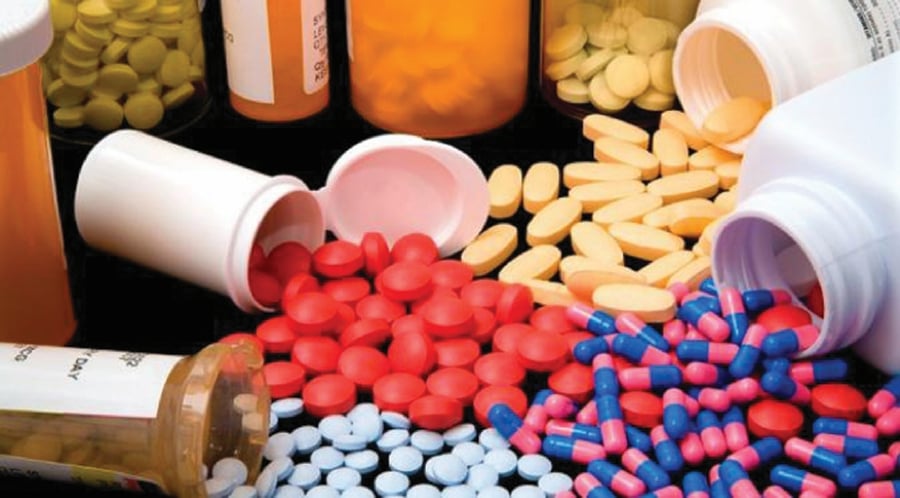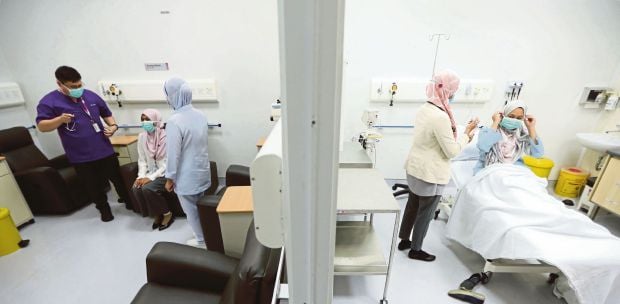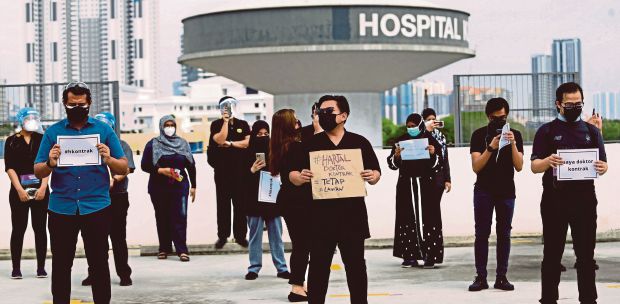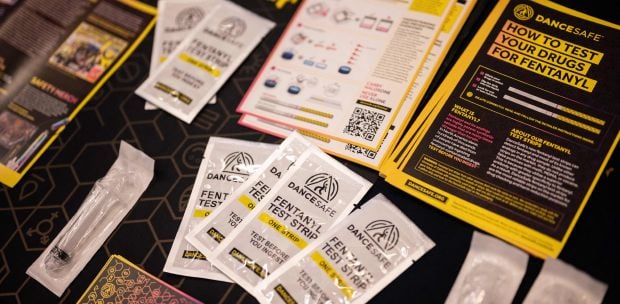Online sale of medicines is a booming business. It is also a very dangerous commerce for two reasons. One, drugs that require doctors' prescriptions are being sold without any checks.
Such sales may appear not so dangerous, but deaths of patients have been reported following such purchases. Two, more dangerously, it is hard to tell the real from the counterfeit.
Herein lies the business model of the malevolent manufacturers of such medicines: sell the counterfeit for the real at a discounted price. At such a price no brick-and-mortar pharmacy can compete.
They and the peddlers who help sell them are able to do so because the physical world's laws are finding it hard to regulate them. Realising this, the Health Ministry's Pharmaceutical Services Division has gone digital with its "Beware! Online Sale of Medicine" programme.
But the ministry must not stop there. It can do four more things. First, it must join the global effort to regulate such sales.
Some in Britain, the European Union and the United States have been pushing for a global harmonisation of such regulations through a treaty for years. Now it is 2024 and it still hasn't happened.
A global pact is the only way to ensure global drug quality. While waiting for this to happen, the Health Ministry must get social media companies to help regulate such ads and sales, our second point.
For sure, this is a hard thing to do. Tech companies are an unwilling lot when it comes to controlling traffic. Because high traffic means more ad revenues.
Google and Meta, the top two giants in the digital ads market, were said to have made US$140 billion in February, as estimated by Insider Intelligence. When digital traffic causes such a surge in ad feast, reluctance to cooperate is almost a certainty. But we must try. Perhaps the hundreds of thousands of deaths globally due to the consumption of counterfeit medicines may wake them up.
Thirdly, the ministry must make it easy for manufacturers to get their products licensed. Some — especially producers of Tongkat Ali and Kacip Fatimah drinks — are not permitted to make any medical benefit claims. Many do, knowingly or unknowingly.
Granted, it will save the manufacturers a lot of money in fines if they got their products licensed. But the fact is many are not doing so. The National Pharmaceutical Regulatory Agency (NPRA) knows who they are.
An Inland Revenue Board mindset of seeking them out rather than waiting for them will help. Finally, makers and peddlers of unlicensed medicines — influencers included — must have the statute book thrown at them.
Penalties, too, need to be looked at. Much of what we have in the statute book reads like a slap on the wrist. We are talking about counterfeit medicines that kill.
Malevolent merchants such as these need more punishing penalties. After all, they are engaged in illegal activities, globally estimated to be about US$400 billion in 2022.
But first, we must identify them. Here again, the NPRA can work with tech companies to help zoom in on the fake medicine makers. Not all are operating from Malaysia. Many have global digital addresses.
A few disappear after raids, only to reappear again. Relentless pursuit is the name of the game.





